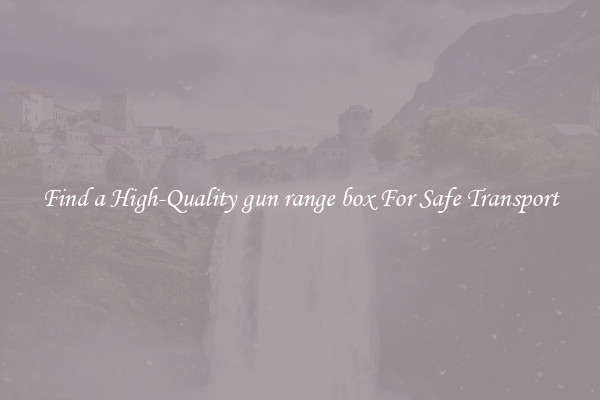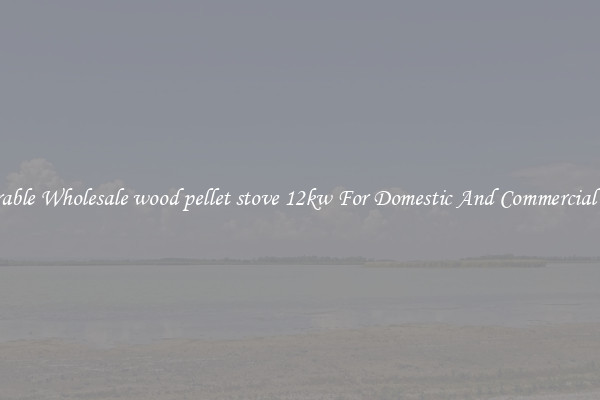Different Wholesale pallet small for Better Transport of Goods
When it comes to transporting goods efficiently and securely, wholesale pallets play a crucial role. These versatile platforms are widely used across industries for organizing, storing, and transporting goods in bulk. However, when it comes to small or irregularly shaped items, standard pallets may not always be the best option. This is where different wholesale pallet sizes come in, offering more flexibility and better transport for a wide range of goods.

One of the main advantages of using smaller wholesale pallets is their ability to accommodate items that are too small or irregularly shaped for standard pallets. While standard pallets typically measure around 40 inches by 48 inches, smaller pallet sizes, such as the 36x36 or the 36x48, provide a more suitable platform for smaller products. For example, these smaller wholesale pallets are ideal for transporting bottles or cans, bags or boxes of smaller sizes, or fragile items that require extra care during transit.
Moreover, smaller wholesale pallets allow for better organization and utilization of space. Instead of stacking large quantities of smaller goods on a standard pallet, which can lead to instability and potential damage, using smaller pallets allows for more efficient stacking and arrangement. This not only maximizes the space available but also ensures better stability and reduces the risk of goods falling or getting damaged during transport.
Another advantage of opting for smaller wholesale pallets is the ease of transport and handling. Smaller pallets are generally lighter and easier to lift, making them more manageable for both manual and mechanical handling. This not only reduces the risk of injuries for workers but also increases overall efficiency in the logistics process.
Additionally, smaller pallets offer more flexibility in terms of transportation options. They can fit inside trucks or containers more easily, allowing for better space utilization and potentially reducing transportation costs. Smaller pallets are also more suitable for transportation on narrow or restricted roads or in facilities with limited space, where maneuvering larger pallets might be a challenge.
Furthermore, using smaller wholesale pallets can also provide cost savings. Smaller pallets are generally less expensive than their larger counterparts, allowing businesses to optimize their logistics budget. Additionally, their smaller size means that more units can fit within a single shipment, reducing the total number of pallets needed and potentially lowering transportation costs.
In conclusion, incorporating different wholesale pallet sizes into your logistics strategies can greatly improve the transport of small or irregularly shaped goods. From better fitting smaller items to improved organization, handling, and cost effectiveness, smaller pallets offer numerous benefits. By choosing the right pallet size for your specific needs, you can ensure efficient and secure transportation of goods, regardless of their size or shape.

View details

View details

View details

View details







